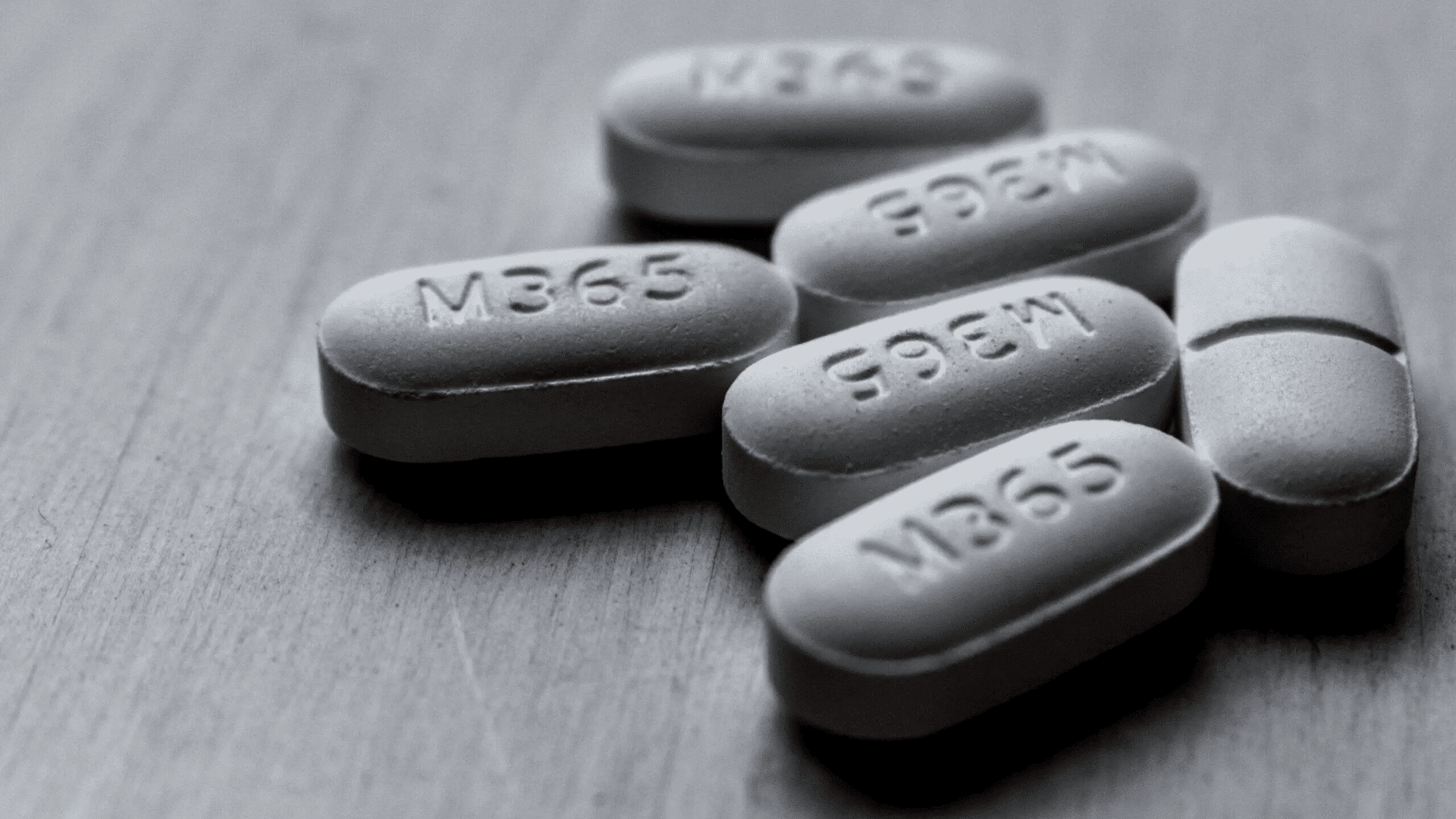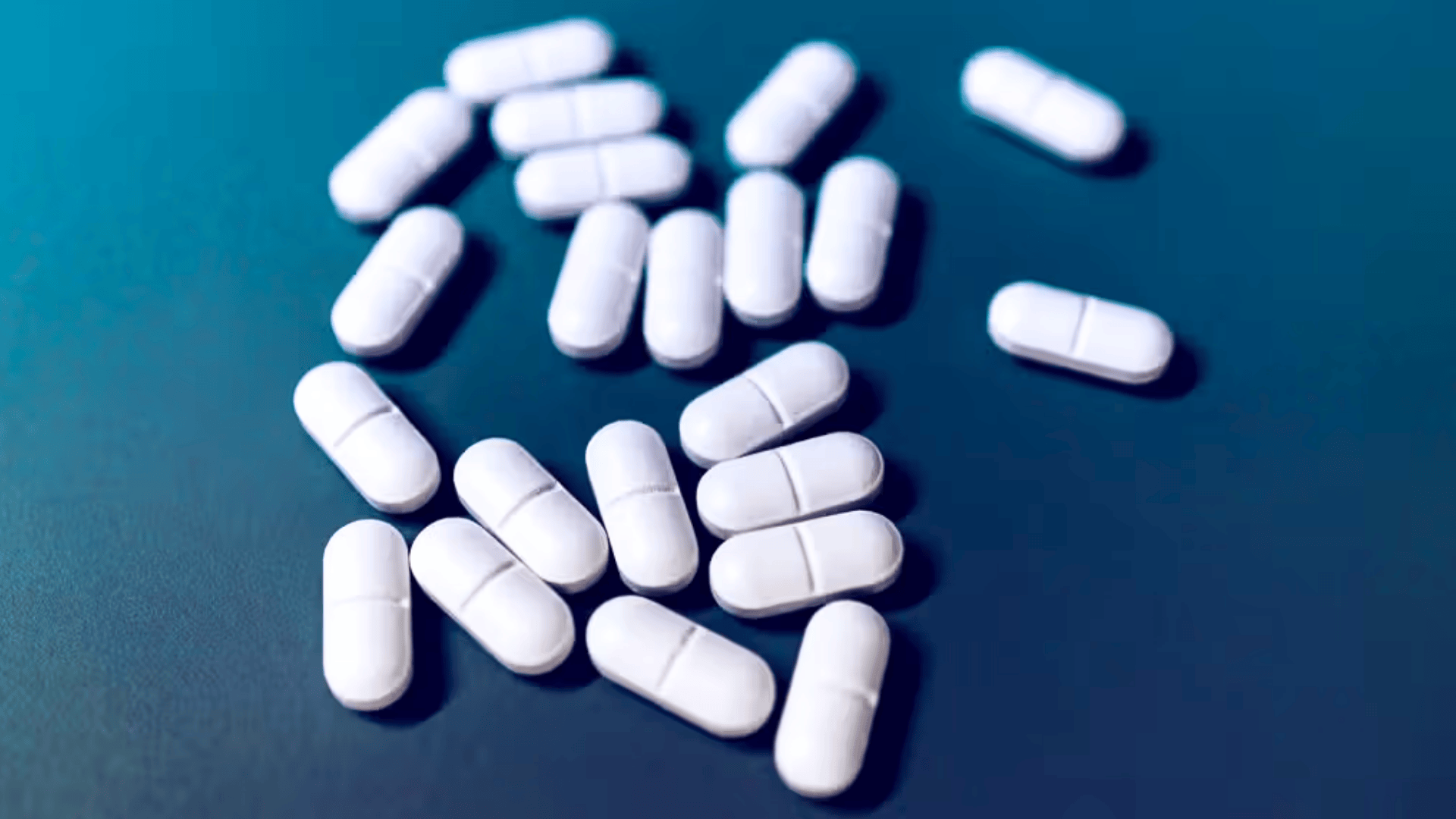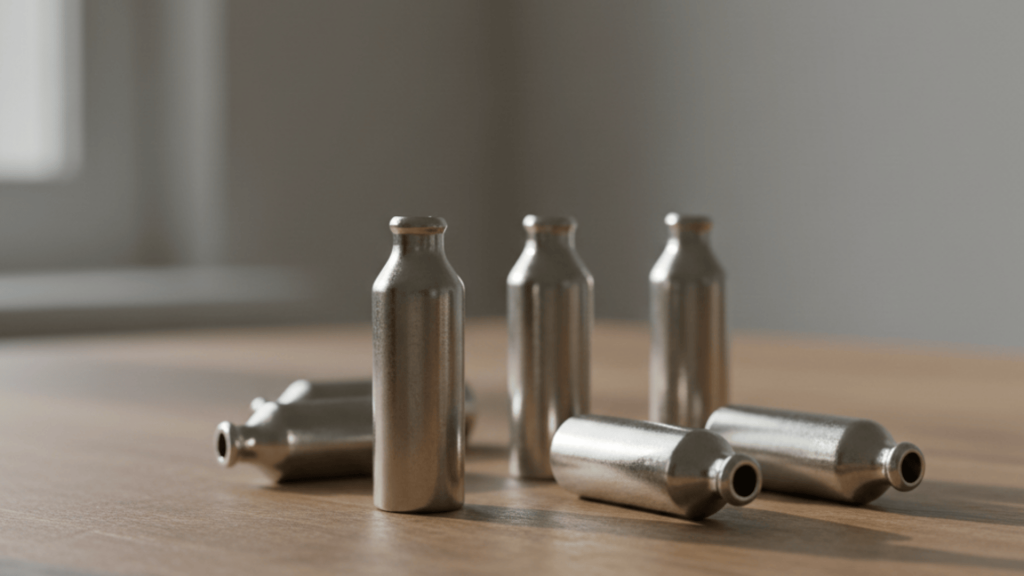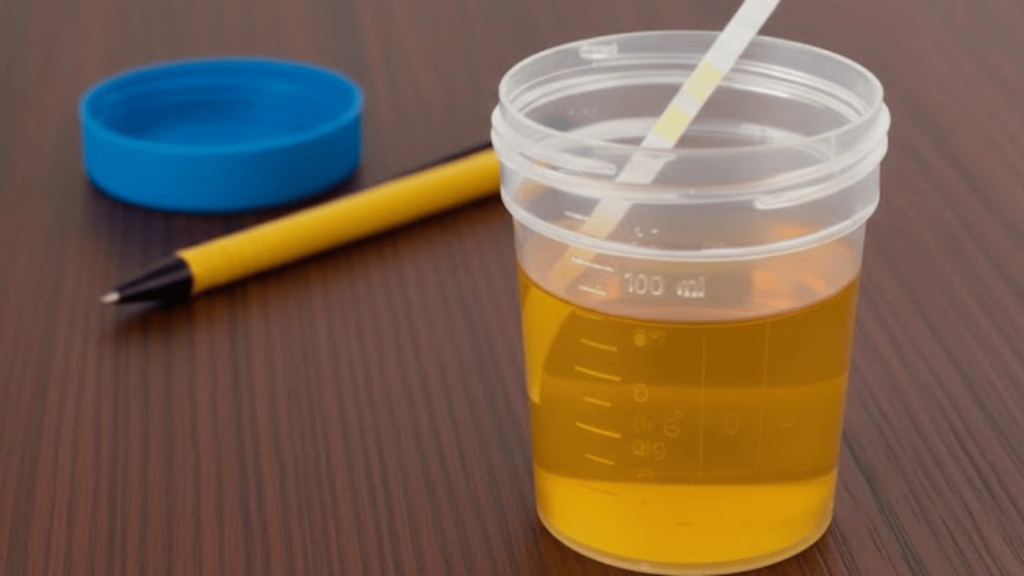Have you ever wondered how long hydrocodone stays in your system? It’s a common question if you’ve been prescribed this medication and want to understand what happens after you take it.
Maybe you’re facing a drug test or simply want to know how your body processes the medicine. Having clear information can make the situation feel less uncertain.
Here, I’ll break down how hydrocodone moves through your system, how long it can be found in different tests, and what factors affect detection times. My goal is to give you straightforward details that help you feel more confident about your health and your medication use.
Disclaimer: This information is for educational purposes only and should not replace professional medical advice. Always speak with a healthcare provider about your specific situation.
What is Hydrocodone?
Hydrocodone is a prescription pain medication that doctors prescribe for moderate to severe pain. It belongs to a group of drugs called opioids.
You may recognize it under brand names like Vicodin or Norco, where it’s typically combined with acetaminophen to enhance pain relief. In extended-release forms, such as Hysingla ER or Zohydro ER, hydrocodone provides longer-lasting pain control, typically administered once or twice daily.
Because it carries a high risk of misuse and dependence, the U.S. government classifies hydrocodone as a Schedule II controlled substance. This means it is tightly regulated and can only be obtained through a doctor’s prescription.
Full form: Hydrocodone.
Chemical identity: Semi-synthetic opioid derived from codeine.
Formula: C18H21NO3.
History: First synthesized in 1920 and approved for U.S. medical use in 1943.
Hydrocodone is one of the most prescribed opioids in the U.S., but also one of the most misused. According to NIDA, millions misuse it each year, making it a key part of the ongoing opioid crisis.
How Your Body Processes Hydrocodone
When you take hydrocodone, your digestive system absorbs it quickly. The medication reaches its highest levels in your blood within one to two hours.
Your liver does most of the work breaking down the drug. It changes hydrocodone into smaller pieces called metabolites. Your kidneys then filter these pieces out of your blood.
The half-life tells us how long it takes for half the drug to leave your system. For regular hydrocodone, the effects typically last between three to six hours. Extended-release forms take seven to nine hours. According to the U.S. Food and Drug Administration (FDA), these half-life ranges are typical for hydrocodone products.
Complete removal takes much longer than the half-life. Several factors affect how fast your body clears the medication.
How Long Does Hydrocodone Stay in Your System
Several things determine how long hydrocodone remains detectable in your body. Understanding these factors helps you know what to expect.
Dosage and Frequency: Higher doses stay in your system longer. Taking the medication more often also extends detection times.
Your Age and Metabolism: Younger people with faster metabolisms usually process drugs more quickly. As we age, our bodies work more slowly at breaking down medications.
Liver and Kidney Health: These organs do the heavy lifting when removing drugs from your body. If they’re not working well, the process takes longer.
Body Composition: Your weight, body fat percentage, and how much water you drink all matter. These factors affect how your body handles the medication.
How You Take It: Swallowing pills as prescribed leads to normal processing times. Other methods of use can change how fast your body absorbs and clears the drug.
Hydrocodone Stay in System: Detection Time by Test Types

Different drug tests can find hydrocodone for different amounts of time. Here’s what you need to know about each type.
1. Urine Tests
Urine testing is the most common method for detecting hydrocodone. Immediate-release forms such as Vicodin or Norco are usually detectable for 2 to 4 days, while extended-release medications may remain detectable for 3 to 5 days. The Mayo Clinic Laboratories confirms that in most patients, hydrocodone is detectable in urine for up to 3 days.
2. Blood Tests
Blood has the shortest detection window. Immediate-release hydrocodone is typically detectable for around 24 hours, while extended-release formulations can show up for 24 to 36 hours. These tests are used when very recent use needs to be confirmed.
3. Saliva Tests
Saliva tests detect hydrocodone for 12 to 36 hours regardless of the formulation. Factors such as dosage, frequency of use, and oral health affect the results, with regular users often remaining detectable closer to the higher end of that range.
4. Hair Tests
Hair follicle tests provide the longest detection window. Hydrocodone can be identified in hair for up to 90 days, as the drug becomes trapped in growing hair strands. While less common, these tests reveal long-term use patterns rather than recent intake.
5. Sweat Patch Tests
Sweat patch tests can detect hydrocodone for several days while the patch is worn. Although less common, they’re often used in legal or rehabilitation monitoring because they provide continuous detection during the wear period.
Can You Speed Up the Process?
Your body has its own natural timeline for removing hydrocodone. There’s no safe way to make this happen much faster.
Staying hydrated helps your kidneys work properly. Eating healthy foods gives your liver the nutrients it needs. Getting enough sleep and light exercise supports overall health.
Don’t try dangerous methods to flush drugs from your system quickly. These approaches can harm your health and usually don’t work anyway.
Understanding the Risks
Hydrocodone use can be dangerous when not taken as prescribed. Key risks include:
- Tolerance: Over time, your body may require higher doses to achieve the same pain relief. This not only reduces the medication’s effectiveness but also raises the risk of overdose if the dose keeps increasing.
- Dependence: Even when following a doctor’s instructions, your body can become dependent on hydrocodone. Stopping suddenly may trigger withdrawal symptoms such as anxiety, sweating, nausea, or trouble sleeping.
- Breathing problems: High doses can slow your breathing, and in severe cases, may cause it to stop altogether. The danger is especially high when hydrocodone is combined with alcohol, sedatives, or other depressant drugs.
- Long-term health issues: Misuse can strain your liver and kidneys, increase the risk of mood disorders, and make quitting much harder later. Prolonged use may also affect memory, concentration, and overall quality of life.
- Counterfeit pills may contain fentanyl or other opioids, raising overdose danger. Mixing hydrocodone with alcohol, benzos, or other depressants also greatly increases risks.
When to Seek Help
If hydrocodone use has become a problem, help is available. You don’t have to go through it alone.
| Type of Help | What it does | Why it Matters |
|---|---|---|
| Medical Detox Programs | Provides supervised care during withdrawal with medications and monitoring. | Keeps you safe while easing discomfort in the first stage of recovery. |
| Inpatient & Outpatient Treatment | Offers structured support through counseling, therapy, and medical care. | Inpatient gives 24/7 help; outpatient lets you continue daily life while in treatment. |
| Counseling & Therapy | Addresses emotional and mental health aspects of addiction. | Helps you understand triggers, manage stress, and build healthy coping skills. |
| Support Groups | Connects you with others in recovery for encouragement and accountability. | Creates a sense of community so you don’t feel alone in the process. |
Recovery is possible with the right mix of medical care, emotional support, and personal commitment. Talking with a healthcare provider is the first step toward getting your life back on track.
Final Thoughts
Now you have a clearer idea of how long hydrocodone stays in your system and what affects the timeline. You’ve also seen how different tests work and the factors that can make results vary.
If you’re dealing with this medication, it’s important to remember that your health and safety come first. Talking with a doctor can give you the best advice for your specific situation.
I hope this helped answer your questions in a straightforward way. If you’d like more practical tips and guides on health and daily living, feel free to check out more posts here for support and fresh ideas.






